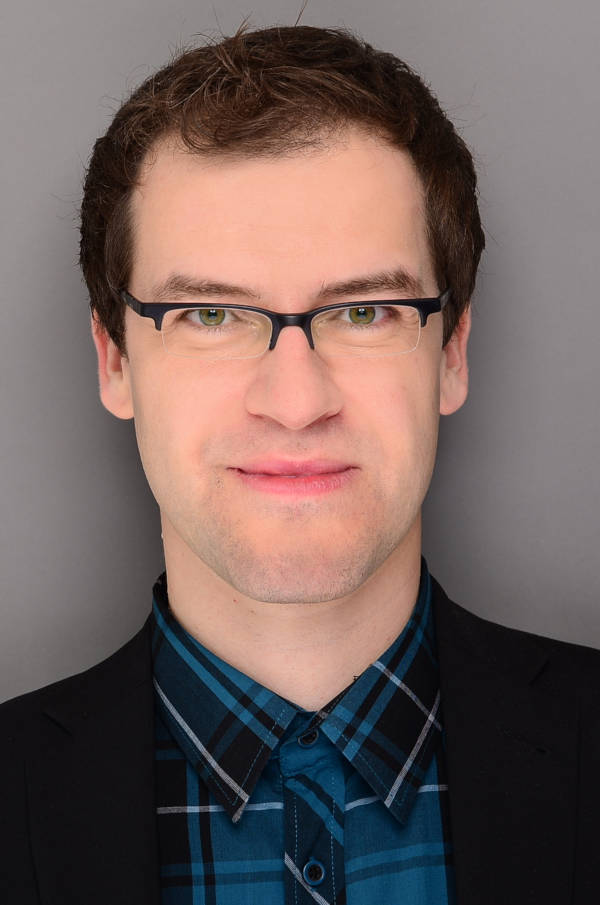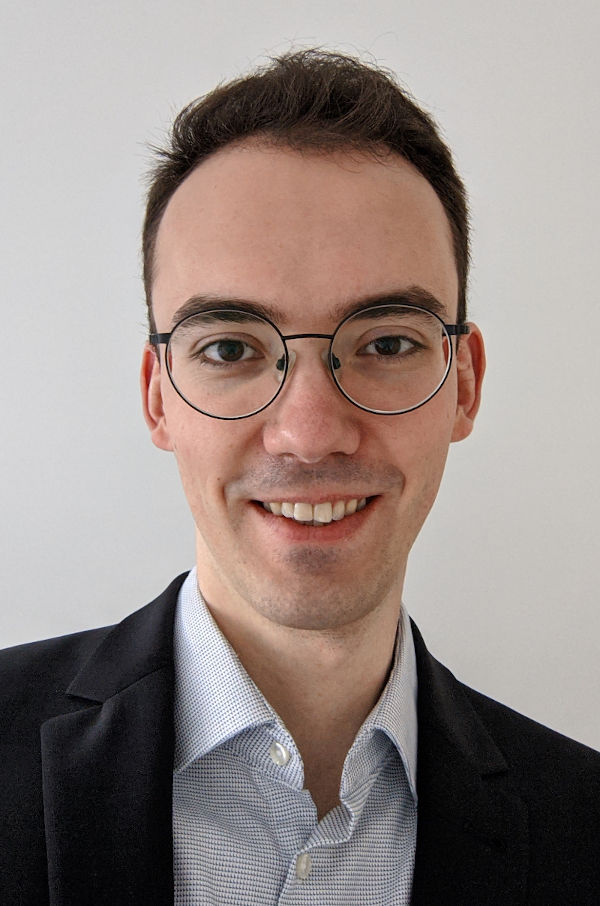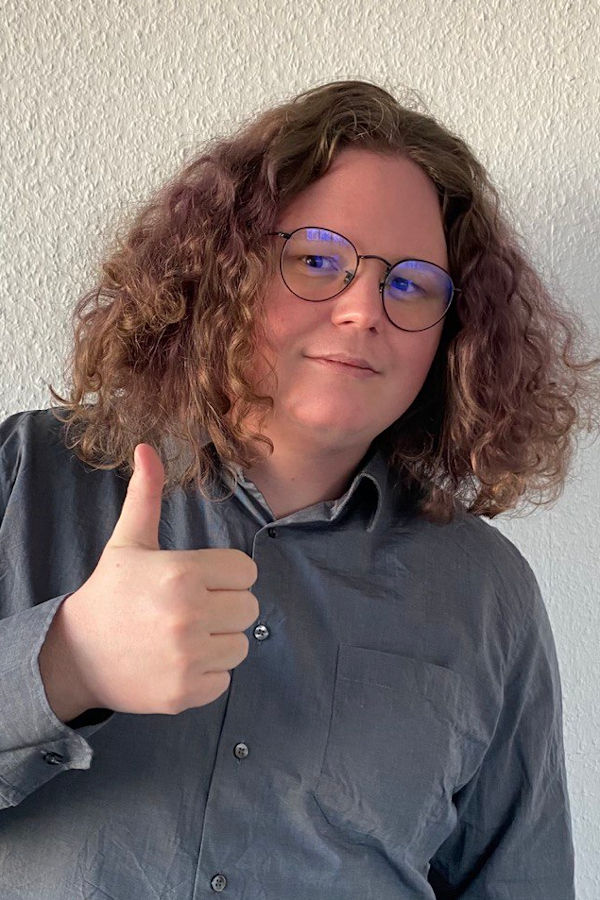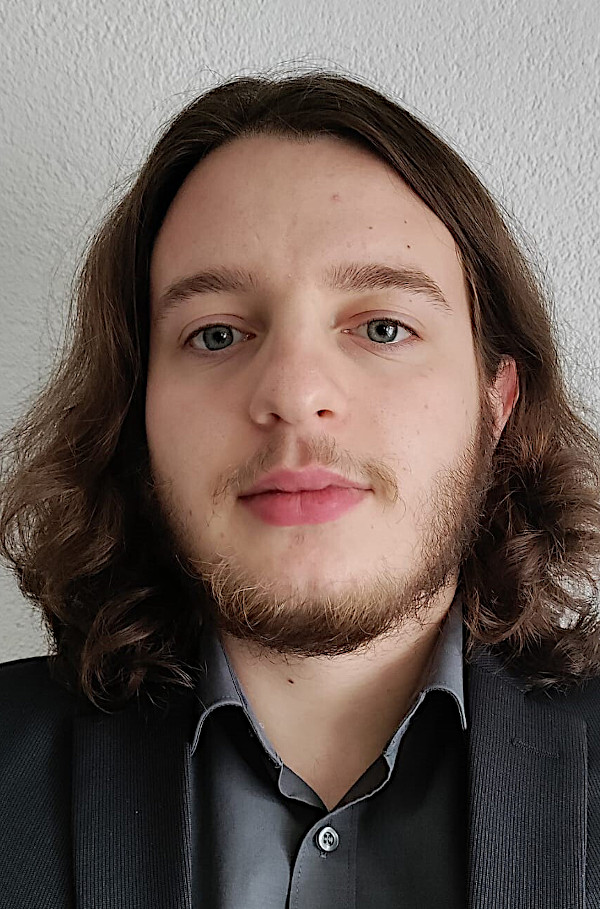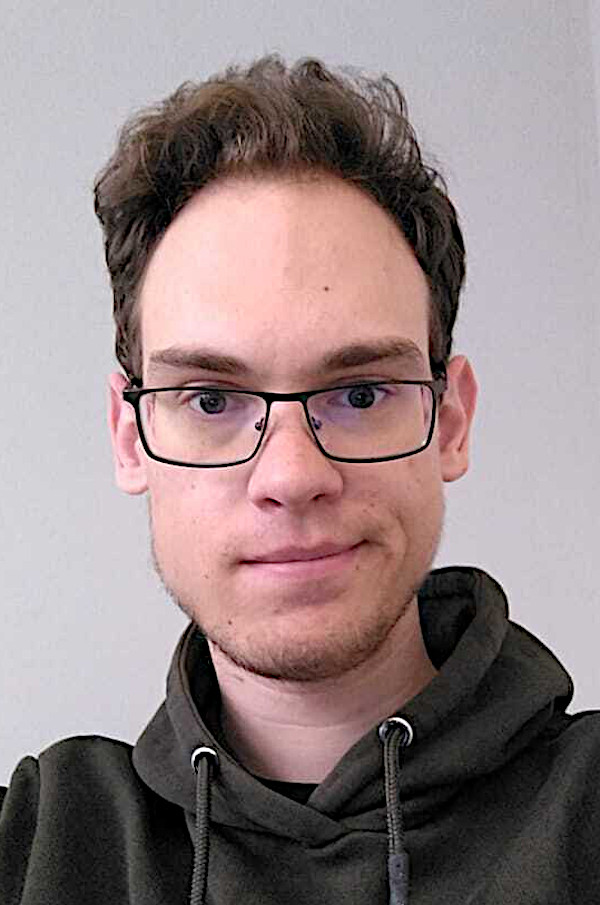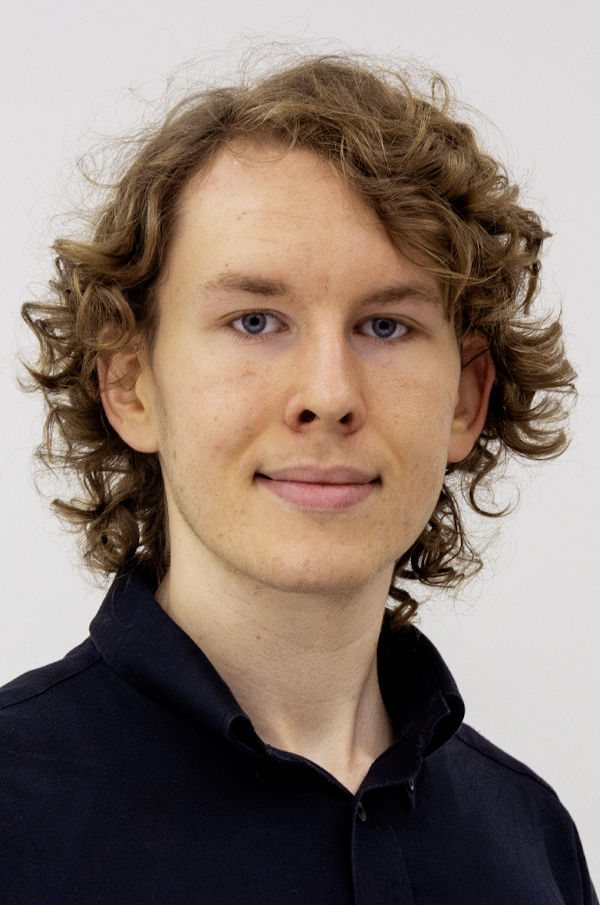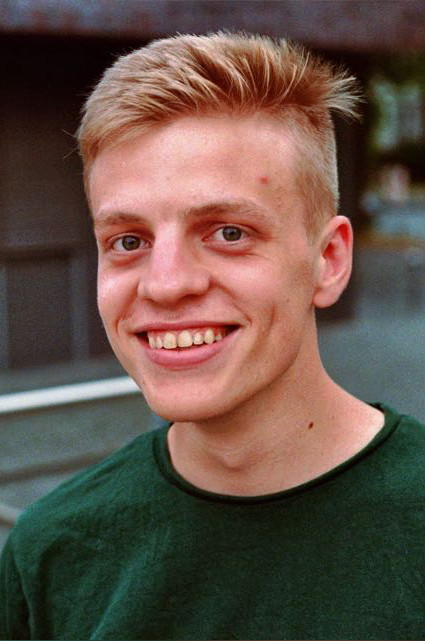Meet the team
We are excited to be part of a wave of innovation, where machine learning is fundamentally altering numerous disciplines. This technological shift promises to expand our insights into various systems, including the human brain.
Want to join us?
If you are a student at FH Aachen and would like to work with us, you can find information on seminars, bachelor and master theses here.
Members
Stephan Bialonski. Stephan has been a full professor of Data Science at Aachen University of Applied Sciences since 2018, after a successful tenure as a researcher at the Max Planck Society in Dresden and the Universities of Bonn and Dresden. At Aachen, Stephan established the Data Science Lab, designed and instructs courses in Deep Learning and Data Science, and became a founding member of the Institute of Data-Driven Technologies (IDT). Email: last name @ fh-aachen.de
Niklas Grieger, Ph.D cand. Niklas is working on his Ph.D. studies as a member of the Data Science Lab at Aachen University of Applied Sciences in collaboration with Utrecht University (Netherlands). Compelled by the potential of self-supervised representation learning techniques, his research explores novel applications of deep learning, with a current focus on neuroscience time series data. A dedicated and invaluable member of our team, he aims to expand the capabilities of self-supervised models and further the scientific community's understanding of their possibilities. Email: last name @ fh-aachen.de
Patrick Blaneck, MSc. cand. Patrick has a profound interest in understanding the mechanisms by which transformer models develop their capabilities through the training phase, seeing this as a pivotal factor for the advancement of a wide range of NLP tasks. He seeks to explore limitations and challenges that we face when employing large ĺanguage models (LLMs) in low-resource language setting.
Jan Zänker, MSc. cand. Jan delves into the capabilities of deep learning for mental illness diagnostics. His studies are geared towards harnessing neural networks to identify disorders such as major depression and attention deficit disorder. Guided by the belief that early diagnosis can significantly mitigate suffering, Jan's research endeavors aim to pave the way for timely interventions and better patient outcomes.
Jannik Raskob, MSc. cand. Jannik's research merges machine learning with medical science to investigate human sleep patterns over short time intervals. His work aims to pave the way for developing diagnostic tools that enhance disease detection and understanding by revealing new insights into sleep states.
Tim Wende, MSc. cand. Tim is captivated by the promise of deep learning models in the realm of sleep data analysis. His work zeroes in on identifying sleep microarchitectures, specifically sleep spindles, with unparalleled accuracy. Tim is passionate about making these sophisticated models accessible to medical researchers, thereby bridging the gap between cutting-edge AI technology and medical research.
Florian Bremm, BSc. cand. Florian is captivated by the capabilities of large language models, particularly their application in helping to moderate user-generated content on social media. His focus is on harnessing this technology to enhance online interactions and ensure safer digital environments.
Alumni
-
Mascha Schmidt, MSc cand. 2024. High-resolution automated sleep analysis.
-
Eric Thor, BSc cand. 2023. Contrasting Llama-2 and LeoLM Models for Speaker Attribution in German Parliamentary Discourse: Investigating Model Efficacy and Language-Specific Prompt Influence
-
Tobias Bornheim, MSc. 2023. Prompt Engineering vs. QLoRA Fine-Tuning: Automated speaker attribution using large language models.
-
Noah Hartwig, BSc. 2023. From algebra to number theory: Evaluating the mathematical capabilities of modern Large Language Models in English and German.
-
Dean Plottka, MSc. cand. 2023.
-
Lars Osiewacz, MSc. 2022. Robust deep learning methods for identfying sleep stages with noise-contaminated labels.
-
Johanna Schindler. BSc. 2022. Rich vs poor: Investigation of biases in transformer models for German texts
-
Andrii Mikhno, BSc. 2022. Sleep stage detection with feature banks.
-
Lars Kaulen, MSc. 2021. Automated detection of sleep spindels with deep learning.
